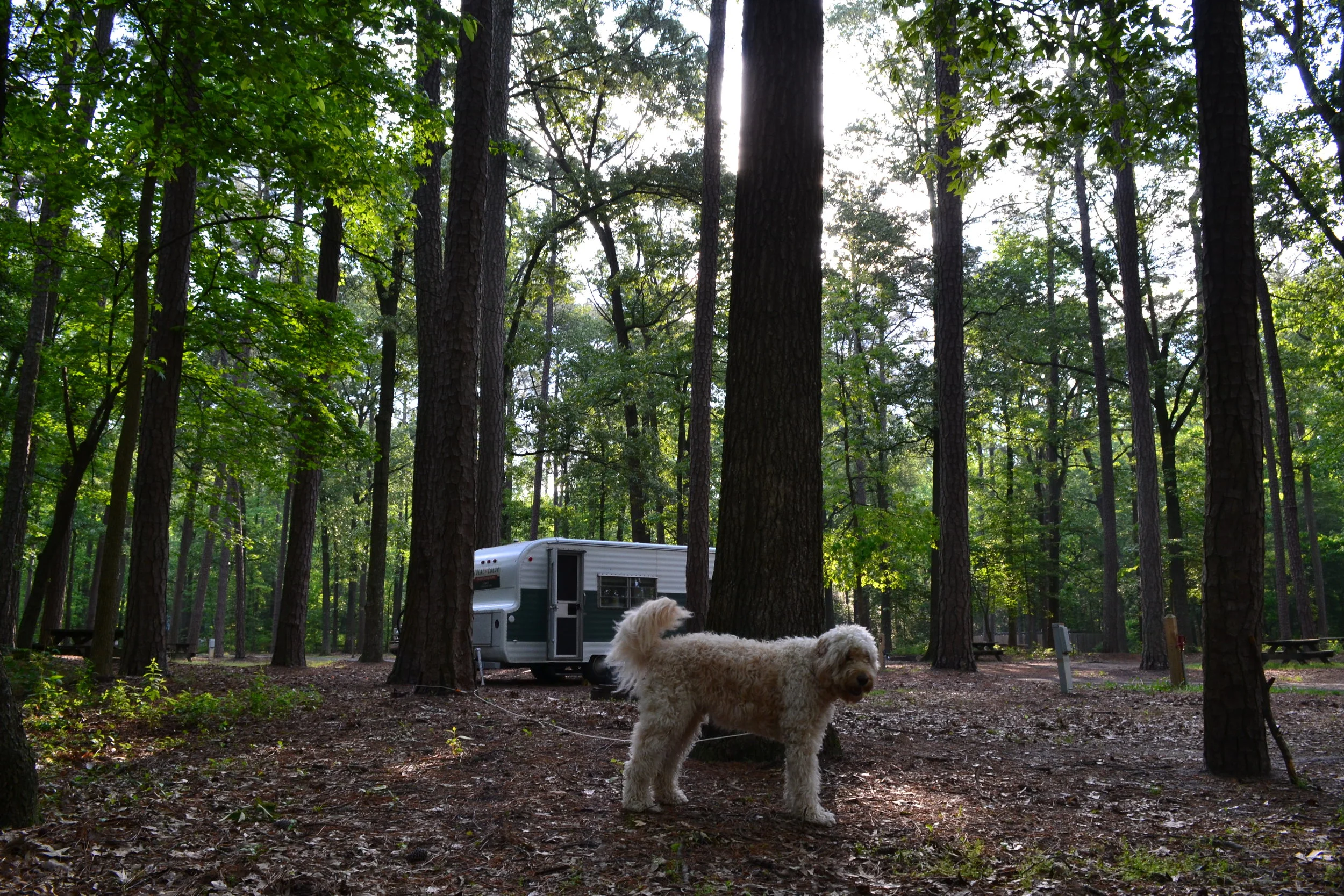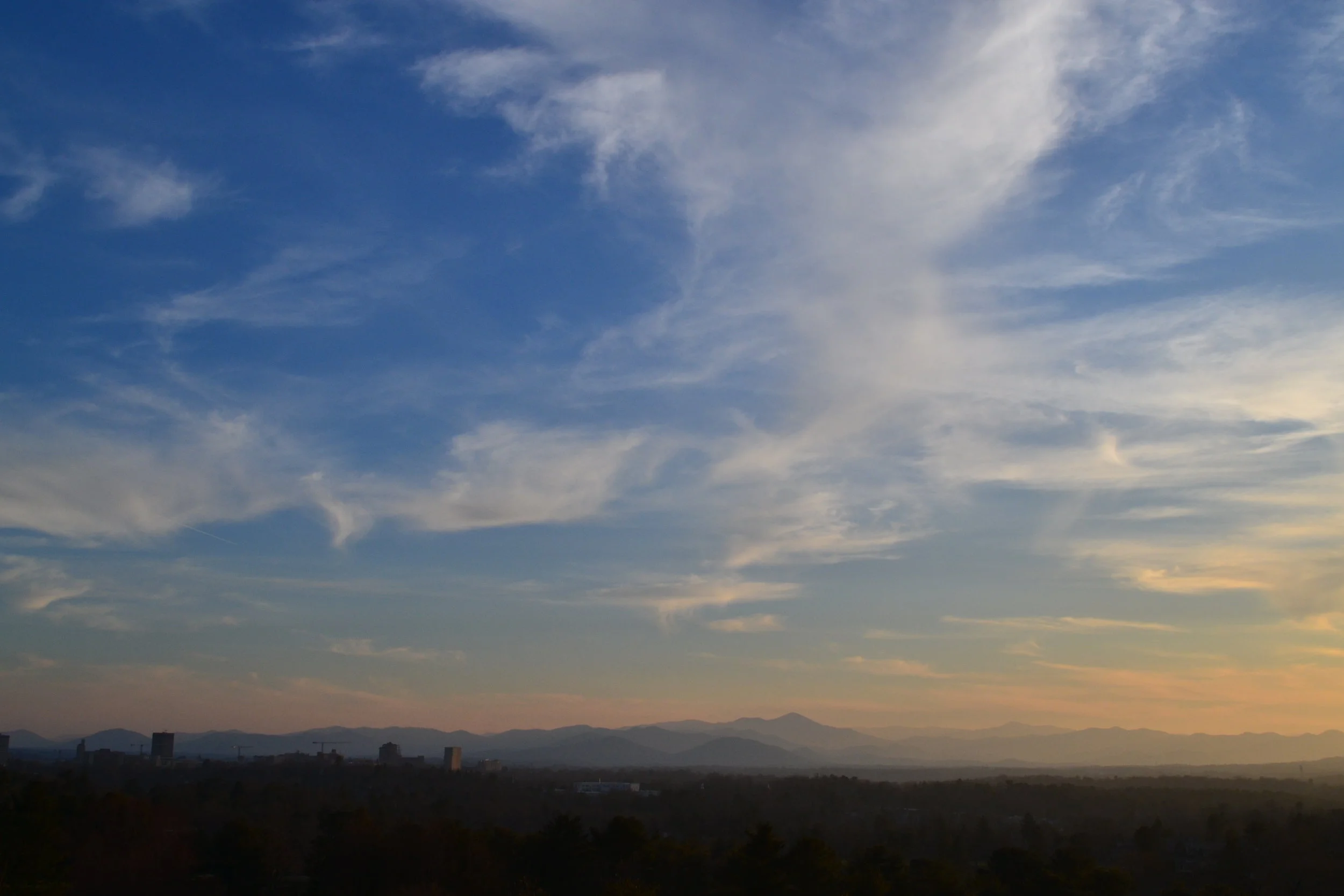Warner—built like a refrigerator and sheathed in tattoos—is the proud owner of Wink’s Bar, a 200-square-foot diner in downtown Richmond, a tin-can rendezvous for townies and transients, gear heads and grad students, artists and accountants alike.
Road Trip USA: Don't forget Delaware!
We needed more than the concept of a rich and textured Delaware — we needed the experience.
Eleven Years After Katrina, What Lessons Can We Learn Before the Next Disaster Strikes?
Author and playwright John Biguenet offers his thoughts on the narrative of destruction
Road Trip USA: When bad things happen on good trips
That we should end up here — floating belly-up in a tailing pond of shame and self-pity outside Richmond, Va., one of our favorite cities in America — is, though unfortunate, probably fair.
Finding Mesa Verde
A search for cattle leads to a stunning discovery.
Road Trip USA: Pepperoni rolls, Google Maps mishaps in W. Va.
We aren’t lost — we’re in West Virginia. We’re hauling a vintage travel trailer up a one-lane dirt road through a wrinkle of the Alleghenies called — what else — Devil’s Hollow.
A Forest Built By Hand
But to drive through the semi-arid Sandhills on Highway 2 and find the Bessey Nursery and Nebraska National Forest is, in some ways, to stumble upon Area 51, a complex tucked deep in the wilderness, a testing ground hidden in the desert, out of sight, out of mind, out of context.
Road Trip USA: A walk on the wild side in Asheville, N.C.
On our most recent tour through Dixieland — part of a yearlong road trip through the Lower 48 – we returned once again to what many have called the “Paris of the South,” a nod to Asheville’s extemporaneous street culture, that narcotic blend of high society and low, briefcases and bongo drums.
Tennessee's Most Historic Hotel Is Also Home to the Greatest Duck Tradition
After more than 80 years, the Peabody Mallards are still marching on, with a young, earnest Duckmaster at their lead.
The H. L. Mencken Show
By the time I stumbled upon Prejudices, a selection of Mencken’s essays, at a used bookstore in Lincoln, Nebraska, I felt as if I’d known the cigar-chomping wise guy for years, even though I hadn’t read a word of his professional canon.
Road Trip USA: In Savannah, heritage comes in many flavors
The old man’s whiskers tickled our travel trailer as we pulled into our campsite at Georgia’s Skidaway Island State Park, just 15 miles south of Savannah. It draped the live oaks and longleaf pines, the palm trees and the magnolias. It piled up in the road, like hay fallen from the truck.
My Cousin, the Cowboy Poet
Cowboy poetry was spawned on the trail drives north from Texas after the Civil War, as cowhands killed time around the campfire, telling stories to the rhythm of traditional ballads and the popular poetry of the time: Byron, Tennyson, Longfellow.
What it's Really Like to Take an Airstream Road Trip Across the Country
Pulitzer Prize-winning journalist Philip Caputo talks about Arizona, Airstreams, and his 2014 road trip book, The Longest Road: Overland in Search of America, from Key West to the Arctic.
A Line in the Sand
Nebraska ranchers fight construction of new 345,000-volt transmission line through the sparsely populated Sandhills region.
Writing Fantasies
The plan was to stand and deliver. I would carry a briefcase. I would enter the classroom for the first time, naïve and optimistic, only to find my students wearing black leather jackets and casually flicking their Zippos.
My Dad Won’t Stop Renovating My 1968 Trailer
My girlfriend and I wanted to spend time on the road, just the two of us in a 1968 FAN camper trailer. But first we had to get it out of my dad’s yard.
Python Patrol
Dad doesn’t understand me anymore, so he volunteered us both for the last remaining slots on the Python Patrol.
A look back at the underappreciated work of Ervin Krause
Once all but forgotten, writer Ervin D. Krause, the son of a Midwestern tenant farmer, ranked among the best short story writers in the country in the early 1960s.
The Oilbird: Is This Thing Even a Bird?
That’s right: I’m talking about Oilbirds (Steatornis caripensis), the only nocturnal, fruit-eating birds in the world!
Review: Gods of the Morning: A Bird’s-Eye View of a Changing World
British naturalist John Lister-Kaye creates an anthem for the wilderness, and cautions against a warming planet.



















